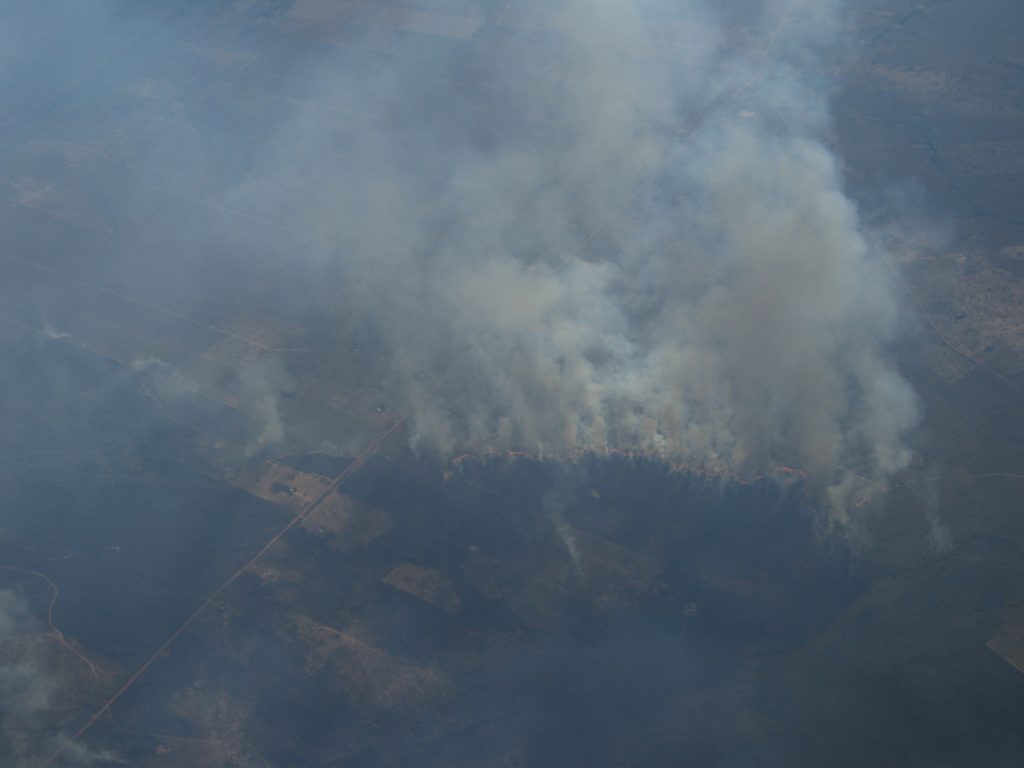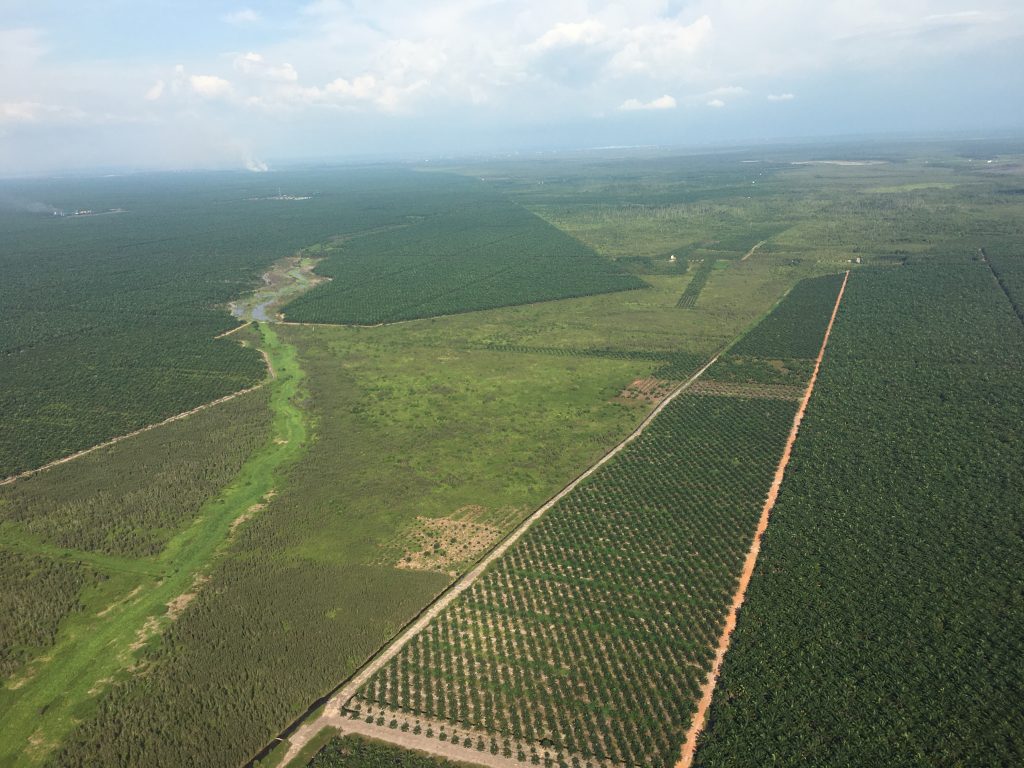Agriculture is a significant driver of land conversion and biodiversity loss. While large natural areas are being lost to artisanal agriculture, most of the media attention on deforestation focuses on so-called soft commodities, such as palm oil, soy, rubber or beef. These commodities are traded globally and are cultivated in large monocultures at an industrial scale. Conversion of natural areas can and has been attributed to large agribusiness enterprises with sufficient captial to clear and manage large crop areas.

While far too many commodity producers are still linked to deforestation and uncontrolled fires, a growing number of companies are embracing sustainability principles, which includes the support of smallholder producers. Such companies should be recognized for their efforts, but any accomplishments tend to be drowned out in polarized debates.

Global supply chains are complex and depening upon the versatility of the soft commodity, include any number of intermediaries involved in processing, transportation or storage. In particular edible oils such as palm oil, rapeseed or soy oil have many uses, involving many intermediate steps between the field and the supermarket.
As a founding member and former board member of the Roundtable on Sustainable Palm Oil (RSPO) and one of the initiators of the Roundtable for Sustainable Soy (RTRS), I am familiar with international commodity supply chains and efforts to make these more transparent, socially responsible and environmentally friendly. I have worked with private sector companies and a broad range of civil society organizations (NGOs).
Expertise: Strategic advice, policy development, communications.